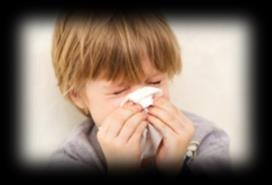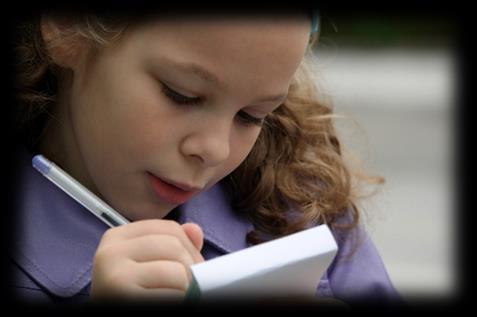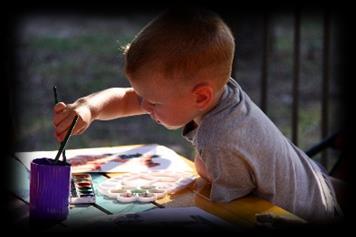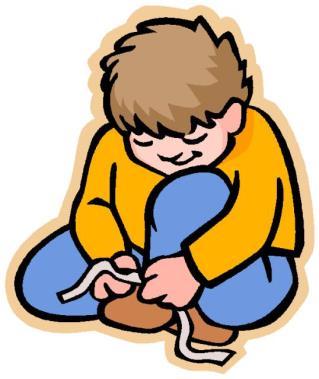A Guide for Parents/Carers


The Early Years Foundation Stage Curriculum.
The EYFS curriculum is based around the children’s ideas and interests. Young learners need to feel safe, secure, excited and motivated to learn. Throughout the Foundation Stage year, your child will be working within the Foundation Stage Curriculum. This framework is broken into 7 areas of learning and development, all of which are inter-connected and important:
• Communication and Language
• Physical Development
• Personal, Social and Emotional Development
• Literacy
• Mathematics
• Understanding the World
• Expressive Arts and Design
Foundation Stage is an exciting place where children learn through:
• Structured play
• Talking to others
• Investigating and discovering
• Making choices
• Thinking and reflecting
• Working in groups and independently
Getting Ready!
Families often ask us, what I can I do at home to get them ready for school? Here are just a few suggestions as to how you can begin to help your child get ready and prepare for their next step. As you read it, you will probably realise that you have already done a lot towards this. However, these are the things we feel will benefit your child the most, they will also help us.
Some things that will help your child to be independent:
• Encourage them to put on and take off their own clothes, particularly their coat and shoes.

• Zips/ buttons/ shoe fastening can be tricky and so show them and talk through how to do it
• Going to the toilet and flushing the toilet by themselves
• Washing their hands independently (they will have had lots of practice with this).

• Blowing their own nose.
• Encouraging them to help around the house, e.g. tidying away toys into boxes or baskets, setting the table, looking after their things and keeping them safe, etc.
• Developing table manners and use of cutlery
• Recognising their name.
• Holding a pencil/paintbrush/pencil/crayon.
You can help your child’s social and emotional development by:
• Talking with your child and encouraging her/ him to talk with other children and adults about their interests, what they have been doing, a story they have read, etc.

• Encouraging co-operative play with other children, e.g. turn taking and sharing
You can help your child with the early stages of reading and writing by:



• Encouraging an enjoyment of books and stories.
• Visit the local library, share books with your child and let them listen to stories being read online.
• As well as reading stories, encourage storytelling, it’s amazing the wonderful stories you can make up together.
• Sharing a bedtime story together each night and asking questions about what has been read.

• Playing ‘I spy’ to help them begin to hear the sounds in words.
• Encouraging them to look for letters and familiar signs in their local environment
• Singing rhymes and songs and encouraging them to join in with the actions (we have shared some at the end of this booklet).
• Encouraging and valuing any attempts at writing or drawing.
You can help your child with the early stages of mathematics by:
• Helping your child count items around the home e.g. toys in a box, counting stairs, cutlery when setting the table – is there enough for everyone?
• Singing number rhymes- 5 little ducks, 1,2,3,4,5 (there is a selection at the back of this booklet).
• Pointing out numbers in the environment around them, e.g. numbers on front doors, on a clock, buses, etc.
• Counting out a given number of objects (e.g. toys) - ‘Can you count 5 cars?’
• Letting your child handle money in a shop and practise ‘paying’ the shop assistant and talk about how much various items cost
• Let your child play with coins, talk about the colour and size, sort them, count them, play at shops, what can we buy with these coins?
• Talking about time:
o Ask questions such as how long will it take to…?
o Make statements, e.g. when the big hand is on 12 and the little hand is on seven, it will be 7 o’clock and time for bed, etc. Refer to both digital and analogue clocks if possible.
• Encourage your child to say the days of the week in order, tell them what day it is and what you will be doing
• Talk about what you did yesterday, what you will be doing today and what you will do tomorrow.
• When baking and cooking talk about the different measures needed and look at the numbers on the different scales, e.g. measuring jug, weighing scales.
• Look for shapes in the environment around them, e.g. ‘the window is square’.
Rhymes to help co-ordination - (please encourage your child to use their fingers and bodies to act out the rhymes)
Incy Wincy Spider

Incy incy spider
Climbed up the waterspout
Down came the rain and washed the spider out
Out came the sunshine and dried up all the rain
Incy Wincy spider climbed up the spout again.
I’m a Little Teapot

I’m a little teapot short and stout
Here’s my handle, here’s my spout
When it comes to teatime
Hear me shout Tip me up and pour me out.
Tommy Thumb
Tommy Thumb, Tommy Thumb, where are you?
Here I am, here I am
How do you do?
(Repeat using following fingers)
Peter Pointer, Peter Pointer, where are you…
Toby Tall, Toby Tall, where are you…
Ruby Ring, Ruby Ring, where are you…
Baby Small, Baby Small, where are you…
Buckle my Shoe
One, two, buckle my shoe,
Three, four, knock at the door.
Five, six, pick up sticks,

Seven, eight, don’t be late.
Nine, ten, big fat hen.
One, two, three, four, five
One, two, three, four, five,
Once I caught a fish alive,
Six, seven, eight, nine, ten,
Then I let him go again.
Why did you let it go?
Because it bit my finger so.
Which finger did it bite?
This little finger on my right.
Five Little Ducks
Five little ducks went swimming one day, Over the hills and far away.
Mother duck said quack, quack, quack, quack
But only four little ducks came back.
Four little ducks went swimming one day, Over the hills and far away.
Mother duck said quack, quack, quack, quack
But only three little ducks came back, etc.
Last verse:
One little duck went swimming one day, Over the hills and far away.
Mother duck said quack, quack, quack, quack


And five little ducks came swimming back.
Ten in a Bed
There were ten in the bed and the little one said,

Roll over! Roll over!
So, they all rolled over and one fell out
There were nine in the bed, etc.
It’s Time To Get Together (A Tidy up Song)
It’s time to get together,
It’s time to get together, It’s time to get together,
It’s get together time, 1, 2, 3, 4, Come and sit upon the floor, 5, 6, 7, 8 Hurry up and don’t be late!
These are just a selection of songs and rhymes to learn so that we can sing them in school together - you probably know many more that you can share with your child and in turn they can share with us when they come to school – we can’t wait!
Once school starts our team will give your child all the support and care needed to make the adjustment of starting their school journey. We are here to support you as well as your child – it’s an exciting journey we are all on together.
